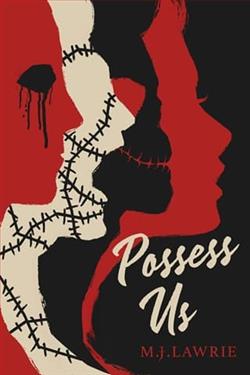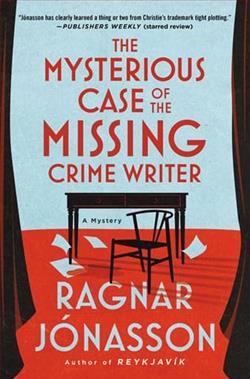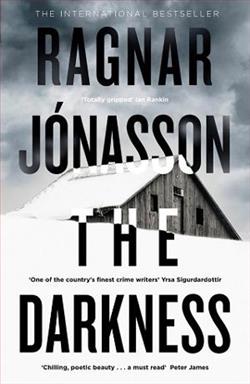Page 36 of The Bane of a Sinner
I looked down, tracing the curve of my belly beneath my sweater. “I don’t know what I want anymore,” I admitted. “I never thought I’d be doing this alone.”
The room seemed to shrink, the walls closing in with the enormity of what I’d just said. Mrs. Johnson didn’t rush to fill the silence. Her patience only made the truth echo louder in the soft hum of the office. For a second, I almost wished she’d offer a solution, some magic path forward, but she just waited, letting the gravity of my words settle over us both.
Finally, she said, “You don’t have to decide today. But promise me you’ll ask for help if you need it. No matter what you decide, you have options. And you’re not as alone as you feel right now.”
I nodded, unable to trust my voice. Outside, sunlight dappled the linoleum, fractured gold and brightness that felt so far away from the weight I carried inside.
When I left the office, the hallway seemed endless, my footsteps echoing between classrooms where laughter and voices drifted through closed doors. I paused at a bulletin board cluttered with flyers—tutoring, yoga classes, a meeting for single parents in Room 112 next Tuesday. I tore off a slip with shaking hands, stuffing it deep into my pocket.
For the rest of the day, I drifted through lectures and notes, the baby’s movement a constant, private reminder that time was passing whether I was ready or not. My world was shifting, uncertain and raw, but I kept walking. I had to.
And somewhere between one breath and the next, I began to believe that maybe, just maybe, I could do this.
February 2004...
I couldn’t do this anymore. I was done.
I had just managed to find a new rhythm, a way through this madness, when my past steamrolled back into my life, disrupting everything once more.
“No!” I shouted at Shame. “I’m not doing this anymore!”
He’d been waiting for me outside my English Lit class when I spotted him. Happy to see him, I was quickly disappointed when I learned it was just him. Even more so when he told me he needed to transfer me to another school, again.
“I want to see August, Shame,” I cried. “I need to see him.”
“Diana, it’s dangerous. August almost died from the beating George gave him. The club is in disarray. Montana has learned—”
“I don’t care!” I screamed. I wrapped my arms around myself, pressing my back to the cold brick wall. “August is the only family I have left. I need to see him.”
He shook his head, voice rough. “You can’t. Not until it’s safe. George is watching August like a hawk. My brother can’t take a piss without it getting back to George. That motherfucker has been playing the long game for years, and he’s damn good at it. He knows that eventually, August will fuck up; in fact, he’s banking on it, and when he does, that’s when George will attack. If George gets his hands on you, then all of this will have been for nothing. I know you hate this, Diana. August does too. He thinks about you all the time.”
“Then why isn’t he here with me?” I bit back a sob, anger rising to smother my despair. “No one ever asked what I wanted. You all just decided.” My whole life had become a series of other people’s decisions—a tug-of-war between safety and belonging, between the life I wanted and the reality I was forced to live.
Shame’s expression softened. “I know you’re angry, Diana. I’d be too. But I swore to August I’d protect you, and I can’t do that if you’re anywhere near him.”
The silence that followed was thick, the kind that pressed in on your lungs and made you ache for air. I looked past him, out the window where a pale sun struggled to break through the December gray, and I wondered how many more times I’d have to start over. How many pieces of myself could I scatter before there was nothing left to gather?
Finally, Shame broke the silence. “I need you to pack your things, Diana. We need to leave soon.”
I nodded, numb, letting the hallway’s echoes swallow my protest. And as I walked away, the slip of paper in my pocketfelt heavier than ever—a secret hope, or maybe just the weight of everything I was leaving behind.
University of Michigan, Ann Arbor, Michigan, March 2004...
Cold.
I never knew there were degrees of cold.
Snow clung to the edges of the window, forming icy lacework. The campus was muffled, the world outside rendered in monochrome, every movement slow, deliberate, burdened by winter’s hush. I trudged through the slush toward the dorms, my backpack slapping against my side, the slip of paper still pressed close to my skin. Each step felt both fateful and routine—a paradox I was getting used to.
Inside, fluorescent lights buzzed overhead, casting pale shadows against the linoleum floors. I passed clusters of students huddled in quiet conversation, their laughter echoing through the corridor like distant music. None looked up. None saw the tremor in my hands.
My room was unchanged, as sterile as the day I arrived, yet the air felt heavier now. I dropped my bag by the door and sat on the edge of the bed. The radiator clanged, trying valiantly to push back the chill. I thumbed the slip of paper again—a name, a number, a promise. August’s handwriting. I stared at it, memorizing each curl and stroke, as if it might animate itself, leap from the page, and deliver me from this gnawing uncertainty.
Someone knocked.
I didn’t answer.
The silence stretched, then broke.















